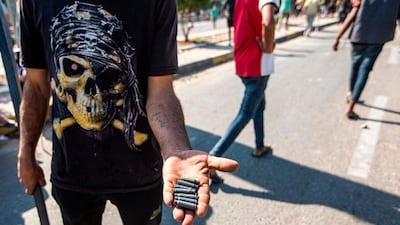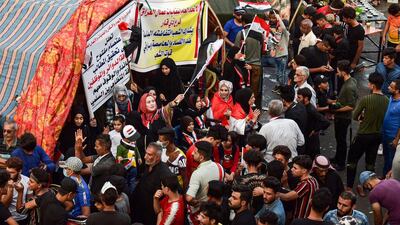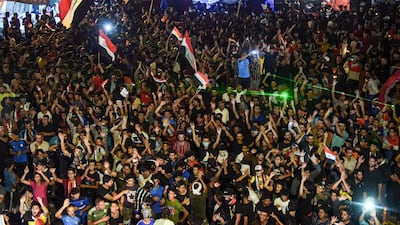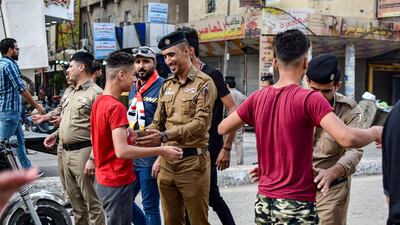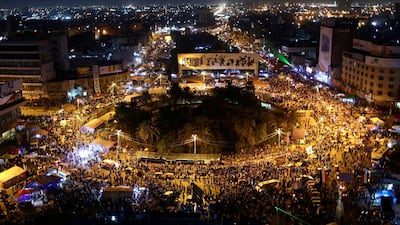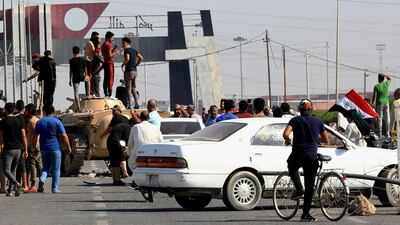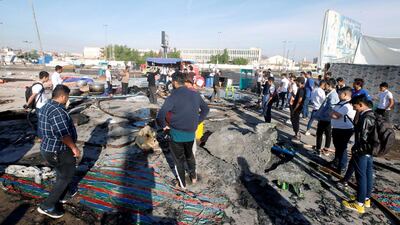Iraqi Prime Minister Adel Abdul Mahdi has taken the decision to use a new level of force against mass rallies opposing his rule and “completely destroy the protesters,” according to an Iraqi intelligence official.
The country has been gripped by protests since the beginning of October that called for the removal of a political class seen as corrupt and beholden to foreign interests, above all Iran.
“Baghdad are really going to crack down on the protesters, they have made a decision,” the official said. “It looks like the prime minister has made a decision that he’s going to use force. He’s going to completely destroy the protesters.”
The official said that the Iraqi leader will give “free rein” to the security services to “dismantle the protesters and clear them from the buildings and the bridges”, which they have been occupying to rail against corruption and economic hardship.
“I suspect that it’s going to get more violent,” the intelligence operative said.
Demonstrators are calling for the overhaul of the political system established after the 2003 US-led invasion.
Although parliament made changes in late October to placate the protesters, many said it was too little, too late.
Iraq's political elite have come to a realisation that the promises and talks of reform are not working to quell the protests and so violence may become an option, Renad Mansour, senior research fellow at London's Chatham House, told The National.
Politicians in Baghdad view the use of violence as a way to "instil a certain element of fear and to clean out the streets" and view the protests as a disturbance to daily life, Mr Mansour said.
"The biggest challenge is that these protesters are calling for an end to the system and not necessarily the end of a leader," he said, and this presents a threat to Iraqi officials.
Mr Mansour said there were some politicians who believe that violence from security forces is necessary, and that it will eventually lead to a calming of the situation on the ground. Last year, a government crackdown on two months of protests in Basra left dozens dead.
Security forces in Iraq have killed at least 267 protesters in two waves of anti-government demonstrations since October 1 in Baghdad and across the mostly Shiite south.
Most of the deaths occurred during the first week of the demonstrations, when snipers shot into crowds from Baghdad rooftops.
Clashes renewed on Wednesday evening after security forces fired tear gas and live rounds into the air to disperse protesters in central Baghdad.
Demonstrators blocked the Shuhada Bridge over the Tigris River since Tuesday afternoon as part of effort to bring the country to a standstill, bringing the total blocked bridges to five.
At least 27 people sustained tear-gas related injuries, medical and security sources said.
Four people died on Wednesday from injuries sustained at earlier protests over the past week, according to Reuters.
The development comes as the US embassy in Baghdad called on the government to have open discussions with protesters.
"As the world watches events in Iraq unfold it is increasingly clear that the government of Iraq and the country's political leaders must engage seriously and urgently with Iraqi citizens who are demanding reform," the US embassy in Baghdad said in a statement.
"There is no path forward based on suppression of the will of the Iraqi people," the statement said.


